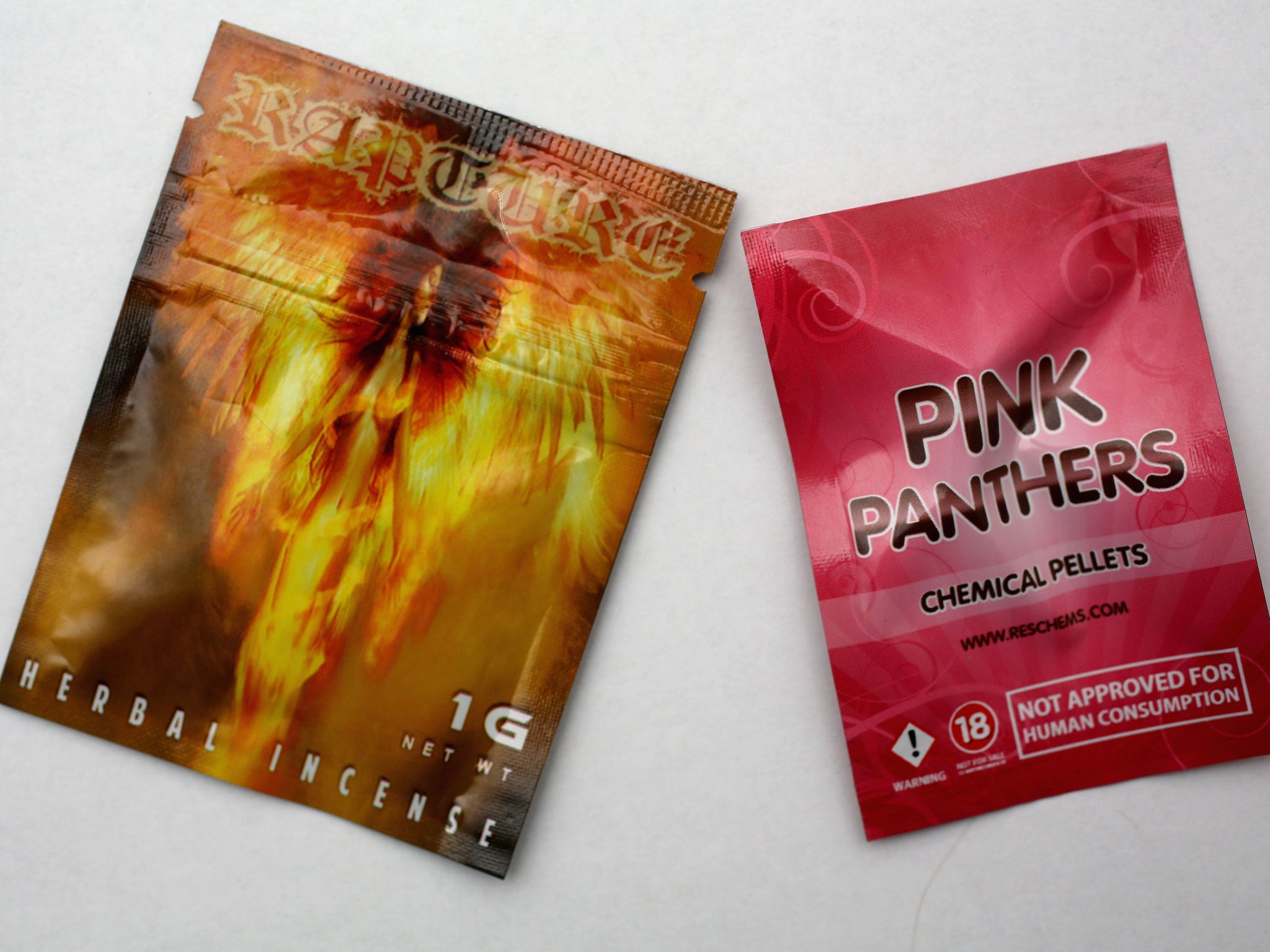Legal high ban: When does the new legislation come into force? How will it work? Are poppers banned?
The Psychoactive Substances Act will introduce a blanket ban on the production, distribution, sale and supply of legal highs

Here are some facts about the new legislation banning legal highs coming into force this week.
What is the new legislation?
The Psychoactive Substances Act will introduce a blanket ban on the production, distribution, sale and supply of legal highs which are intended for human consumption.
When does it come into force?
The ban will come into force on May 26 this year. It was supposed to come into force in early April but the start date was pushed back, with ministers saying they needed to "ensure the readiness of all the activity necessary to enable the smooth implementation".
What are the penalties?
Tough sentences of up to seven years for offenders and new powers for police are included in the Act. Police will be able to shut down 'headshops' - a store which sells drug paraphernalia - and online dealers in the UK. They will also have powers to seize and destroy psychoactive substances, as well as carry out searches of people, premises and vehicles. If a person is found to be in possession of a psychoactive substance in a custodial institution, they could now face a prison sentence of up to two years.
What is psychoactive?
Psychoactive substances are defined in the Act as a substance, intended for human consumption, that is "capable of producing a psychoactive effect".
What are the exemptions?
The law excludes "legitimate substances" such as food, alcohol, nicotine, caffeine and medical products. Healthcare activities and scientific research are also exempt from the act - so long as the people that have engaged in the activities have a legitimate need to use the psychoactive substances in their work.
What about poppers?
The Government announced in March that poppers would not be included in the ban because they are not a "psychoactive" substance. The Advisory Council on the Misuse of Drugs (ACMD) told the Home Office said that alkyl nitrites, the chemical group known as poppers, produced "peripheral effects" on the brain and so would not be classed as a psychoactive substance.
Will the ban work?
Ministers and police say it will put some users off, but many experts have cast doubt over these claims. A major report concluded that the relentless flood of new legal highs onto the market made controlling them all "unfeasible". The EU Drug Markets Report, released by the European Monitoring for Drugs and Drug Addiction in April, said there were "no signs of a slowdown" in the development of new psychoactive substances.
Press Association
Join our commenting forum
Join thought-provoking conversations, follow other Independent readers and see their replies
Comments